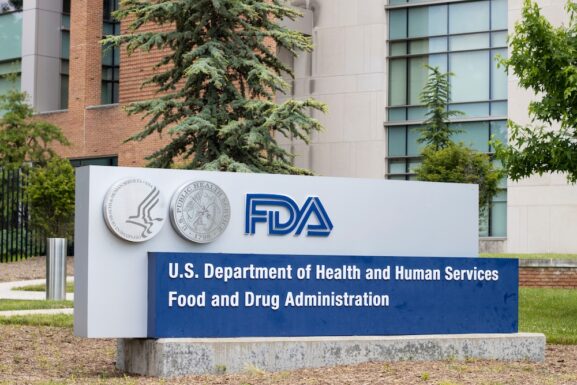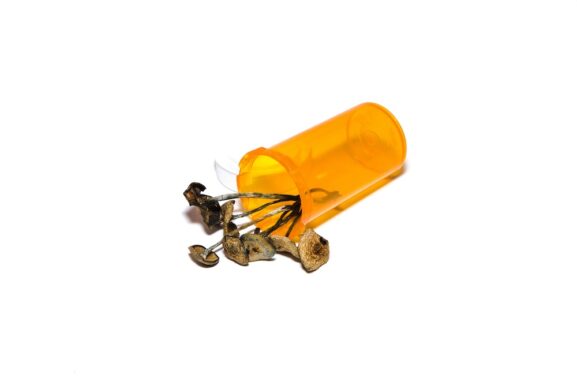Divinity for the Non-religious: How Shroom Churches Offer Meaning
In an era of declining religious affiliations, an intriguing trend is emerging. It’s the search for meaning, purpose, and spirituality outside conventional religious institutions. Many non-religious people are finding solace in psychedelic churches. There, psychedelic journeys and communal connections allow them to experience key elements of religious life.
“In quasi-legal places like Denver and Portland, psychedelic churches are popping up like mushrooms after a rainstorm,” said Reilly Capps, an expert in psychedelics who has used mushrooms and ayahuasca with three different psychedelic churches in America. “I’ve seen people find new friends, new belief systems and even new life partners.”
These unconventional spiritual communities offer unique perspectives on spirituality. While mainstream religion often revolves around belief in a higher power, psychedelic churches like The Divine Assembly in Salt Lake City, Utah, are redefining the concept of spirituality. They don’t require belief in God or the supernatural. Instead, they aim to address questions of purpose, meaning, belonging, and well-being through alternative means. Their main tenet is: “each individual can commune directly with the Divine.” They also offer a way to use psychedelics that they claim is legal. They say the First Amendment, which promises freedom of religion, protects their shroom use.
RELATED: Psilocybe Cubensis: The Only Magic Mushroom You’ll Ever Need?
Ice Baths and Flashing Lights?
The Divine Assembly, founded by Steve Urquhart, a former member of The Church of Jesus Christ of Latter-day Saints, embraces the use of psychedelic substances as a means to directly experience the divine and enhance personal well-being. Unlike traditional religions, members of this church engage in practices like ice baths, meditation with flashing lights, and educational initiatives on psilocybin cultivation. All with the goal of connecting with themselves, others, and the divine while prioritizing health and healing.
“Psilocybin churches enable their followers to participate in a dynamic social process of ‘sacred sensemaking,'” says an academic paper.

Similarly, Louisville’s Psanctuary Church sees the use of sacred mushrooms as a constitutional right. They use mushrooms as a means to connect with divinity–which they understand as pure consciousness within everyone. These psychedelic churches emphasize the pursuit of pure consciousness as the origin of well-being and self-discovery.
RELATED: Boomer Shroomer: How to Talk to Your Parents about Psychedelics

Emil Albrecht, a minister with Psanctuary, “the magic mushroom church.” Photo from Psanctuary
Furthermore, Ayahuasca churches have emerged that draw upon indigenous practices to provide holistic healing and community support. They view psychedelics as tools for physical health, spiritual growth, and personal evolution.
GET INVOLVED, LEGALLY: Psychedelic-Assisted Therapy Certifications and Training
In the end, these psychedelic churches are not a rejection of religion, their advocates say. They are an embrace of well-being as a form of spirituality. They emphasize individual rejuvenation, a holistic approach to health, and the belief that the divine resides within each person. Non-religious folks may distance themselves from traditional religious beliefs. Yet the growth of these alternative spiritual communities highlights their continued pursuit of spiritual meaning.



